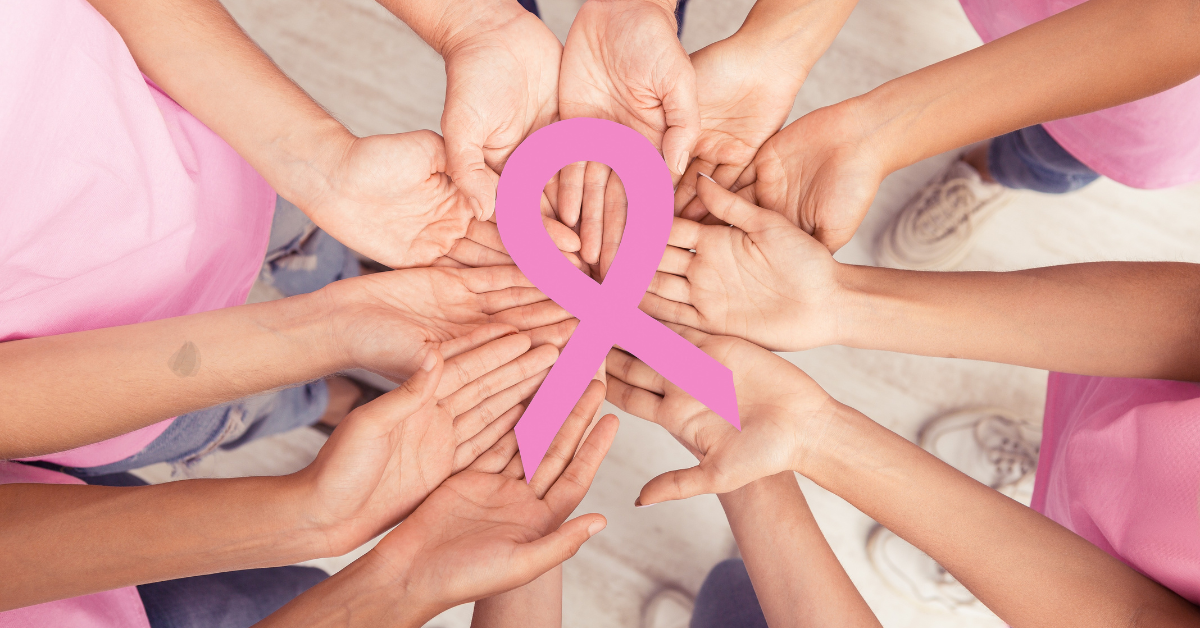Each October, people around the world come together for Breast Cancer Awareness Month—a time to educate, advocate, and support the ongoing fight against one of the most common cancers among women. This campaign is not just about wearing pink ribbons; it’s a call to action for early detection, medical research, survivor support, and honoring those we’ve lost.
Breast cancer can affect anyone, regardless of age, gender, or background. Raising awareness empowers individuals to take charge of their health and encourages communities to support one another in tangible ways.
Understanding Breast Cancer: The Basics
What Is Breast Cancer?
Breast cancer occurs when cells in the breast grow uncontrollably, forming a tumor that can often be seen on an X-ray or felt as a lump. It can spread to other parts of the body if not detected early. While breast cancer is most commonly diagnosed in women, men can also develop the disease.
Common Types of Breast Cancer
- Ductal Carcinoma In Situ (DCIS): A non-invasive condition where cells have changed but haven’t spread.
- Invasive Ductal Carcinoma (IDC): The most common type, starting in the milk ducts and invading surrounding tissue.
- Triple-Negative Breast Cancer: A more aggressive type that doesn’t respond to hormone therapy or HER2-targeted treatments.
Risk Factors: Know What Increases the Chances
Understanding your risk can guide early detection and lifestyle choices.
Uncontrollable Risk Factors
- Age – Risk increases with age.
- Genetics – Inherited mutations (e.g., BRCA1 and BRCA2).
- Family History – Having close relatives with breast cancer.
- Personal Health History – Previous breast conditions or radiation exposure.
Lifestyle-Related Risk Factors
- Alcohol consumption
- Obesity or being overweight
- Lack of physical activity
- Hormone replacement therapy after menopause
While you can’t change your genetics, making healthy lifestyle choices can reduce your risk.
Early Detection Saves Lives
Early detection remains the best defense against breast cancer.
Self-Exams and Awareness
Regular self-exams help individuals become familiar with their bodies, making it easier to notice unusual changes. Signs to watch for include:
- New lumps or thickening in the breast or underarm
- Changes in breast size, shape, or appearance
- Unexplained nipple discharge
- Redness, scaliness, or dimpling of the skin
Clinical Screenings
- Mammograms: Recommended annually for women aged 40 and older, or earlier based on risk factors.
- Clinical Breast Exams: Performed by healthcare providers during routine checkups.
- Breast MRIs: Recommended for high-risk individuals.
Supporting Survivors and Fighters
Survivors and those in treatment need more than medical care—they need emotional and community support.
How You Can Help
- Offer rides to medical appointments
- Provide meals or childcare
- Send encouraging messages or care packages
- Volunteer with local cancer support organizations
Ways to Get Involved During Breast Cancer Awareness Month
Join or Organize a Fundraising Event
Walks, 5Ks, and other events raise funds for research and treatment access. Many communities host annual “Race for the Cure” or “Making Strides Against Breast Cancer” events.
Wear Pink and Educate Others
Participating in “Pink Out” days at work or school sparks conversations. Use social media to share reputable information and survivor stories.
Support Research Organizations
Donate to or volunteer with reputable organizations like:
- Susan G. Komen
- National Breast Cancer Foundation
- Breast Cancer Research Foundation
Everyday Prevention: Healthy Habits That Help
There’s no guaranteed way to prevent breast cancer, but these habits may help lower your risk:
- Eat a balanced, nutrient-rich diet
- Stay active with regular exercise
- Maintain a healthy weight
- Limit alcohol intake
- Avoid tobacco
- Stay up-to-date on screenings and physicals
Breaking the Stigma: Talking Openly About Breast Health
Cultural taboos, fear, and misinformation can keep people from seeking care. Normalize open conversations about breast health in families, schools, and workplaces.
Educate the Next Generation
Teaching teens and young adults about breast health and body awareness lays the groundwork for lifelong proactive habits.
Awareness in Action
Breast Cancer Awareness Month is about more than ribbons—it’s about knowledge, community, compassion, and advocacy. Whether you schedule a mammogram, support a friend, wear pink, or donate to research, your actions matter.
Let’s honor the fighters, celebrate the survivors, and remember the loved ones we’ve lost by continuing to push for a future without breast cancer.

